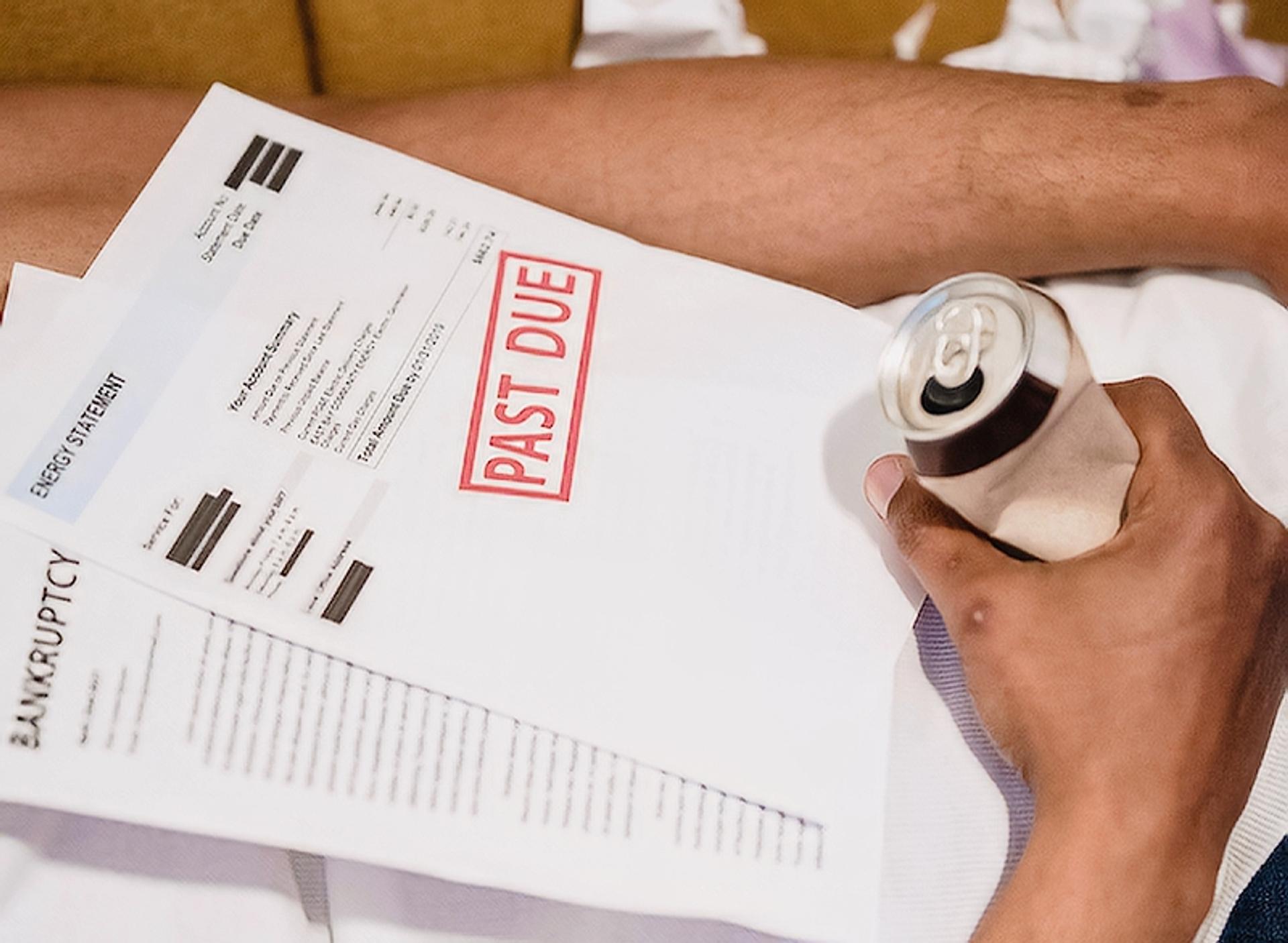Debt Payment Strategies: Your Path to Financial Freedom

azzy

Debt doesn't have to feel like a heavy burden, but sometimes it does. You may eliminate your debt and achieve financial freedom with the appropriate methods and a little perseverance. We'll discuss the top debt repayment methods in this article so you can get started on the road to debt freedom right away.
Create a Budget and Stick to It
Making a budget is the first step in getting rid of your debt. By doing so, you'll be able to see where your money is going and find places where you may make savings. Your rent or mortgage, utilities, food, and any other recurring costs should be included first along with all of your other regular monthly expenses. Compare your income and expenses next. It's time to adjust your habits if your expenses exceed your income.

Look for areas where you can reduce your expenditure, such as entertainment or dining out. Spend the money you've saved on debt repayment. Keep in mind that maintaining a budget is the key to success. Keep track of your expenditures and adjust as necessary to stay on course.
Pay More Than the Minimum Payment
Making the minimal payment each month will just delay the process of paying off your debt and raise the amount of interest you have to pay. Instead, make an effort to always pay more than the required minimum. As a result, you will pay off your debt more quickly and save money on interest.
If you are only able to make the minimum payment, think about finding additional revenue streams like freelancing or taking on a part-time job. You could pay off your debt more quickly if you had the extra cash.
Use the Debt Snowball or Debt Avalanche Method
The debt snowball and debt avalanche approaches are two well-liked debt repayment options. Both strategies call for concentrating on one debt at a time while paying the minimum amount toward the rest.

Paying off your smallest debt first, then moving on to the next smallest bill, is how the debt snowball strategy works. As you start to see your bills being paid off, this strategy might help you gain momentum and motivation.
The debt avalanche method involves paying off the loan with the highest interest rate first, then moving on to the one with the next-highest interest rate. This plan will enable you to reduce your interest costs over the long term.
Choose the method that works best for you and your financial situation.
Consider Debt Consolidation
Debt consolidation might be a suitable choice for you if you have several high-interest loans, such as credit card bills. Taking out a new loan to pay off your current debts and leaving you with just one monthly payment is known as debt consolidation. This may help you manage your debt more effectively and help you avoid paying interest charges.
Make it cautious to compare interest rates and terms before consolidating your debt. Remember that consolidating your debt is not a quick fix; you will still need to come up with a strategy for paying it off.
Seek Professional Help If Needed
If you're struggling to pay off your debt on your own, don't be afraid to seek professional help. A credit counselor can help you create a budget, negotiate with your creditors, and develop a debt management plan. Make sure to choose a reputable credit counseling agency, such as one that is a member of the National Foundation for Credit Counseling (NFCC).
Remember, paying off debt is a journey, and it's important to stay focused and committed. With the right strategies and support, you can achieve financial freedom and enjoy a debt-free life.
Frequently Asked Questions
What is the most effective debt payment strategy?
The most effective debt payment strategy depends on your financial situation. The debt avalanche method saves the most on interest, while the debt snowball method offers quick wins for motivation.
How can I pay off debt faster?
To pay off debt faster, make extra payments, prioritize high-interest debts, and consider consolidating debts for a lower interest rate.
Is debt consolidation a good idea?
Debt consolidation can be a good idea if it lowers your interest rate and simplifies payments, but it's important to compare fees and terms.
Will paying off debt improve my credit score?
Yes, paying off debt can improve your credit score by reducing your credit utilization ratio and showing responsible payment history.
Should I pay off the smallest or highest interest debt first?
Paying off the highest interest debt first (debt avalanche) saves money on interest, while paying off the smallest debt first (debt snowball) can boost motivation.
Key Statistics
- The average American household carries $7,951 in credit card debt as of January 2025. (Federal Reserve Bank of New York, 2025)
- U.S. consumer debt reached a record $17.7 trillion in Q1 2025. (Federal Reserve Bank of New York, 2025)
- Nearly 62% of Americans reported feeling stressed about their debt in 2025. (American Psychological Association, 2025)
- The average interest rate on credit cards in the U.S. is 22.8% as of March 2025. (Bankrate, 2025)
- Households using the debt snowball method are 35% more likely to pay off all debts within 24 months compared to those without a structured plan. (National Endowment for Financial Education, 2024)
- Over 40% of Americans made at least one extra debt payment in 2024 to accelerate payoff. (Experian, 2024)
- Student loan debt in the U.S. totals $1.78 trillion as of April 2025. (U.S. Department of Education, 2025)